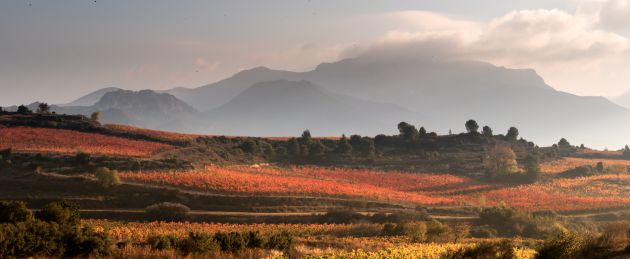
Ramón Bilbao exceeds sustainability target
Ramón Bilbao has announced it has exceeded targets on its sustainability drive in both its winery and vineyards.
Certified by the Wineries for Climate Protection Ramón, Bilbao’s target is to reduce its impact in the four basic pillars of sustainability - reduction of greenhouse gases, energy efficiency, water management and reduction of waste, by 20% between 2016 and 2020.
Targets for two of the pillars had already been achieved by the end of 2018, said the Spanish producer.
“We are very happy with the results in only the second year of implementing the Wineries for Climate Protection programme, and are already well on the way to exceeding our overall 2020 goal,” said Carmelo San Martin, head of sustainability at parent company Zamora.
Audits show that the producer has reduced greenhouse gasses by 23%, waste by 91%, and energy efficiency had met 62% of its objective by the end of the second year, he added.
San Martin identified the responsible use of water as the biggest challenge so far.
“We have intelligent irrigation in the vineyards to control the water-stress of each vine which helps avoid waste, but inside the winery is the biggest obstacle,” he said.
“It’s vital to have clean facilities, particularly at harvest time, and we have always used as much water as we need do this. But now we are working out how to measure and replace some of our winery practices and we are investing in more efficient tools, so we are becoming more responsible. Everyone on the team is getting on board with this.”
Ramón Bilbao’s sustainability agenda for 2020 includes solar panels at the winery to ensure supply of only ‘clean’ electricity and recycling water from previous treatment programmes, while in the vineyards the winemaking team will also focus on precision viticulture using data from local weather stations to pin-point specific needs for additional irrigation and disease treatments, and follow a philosophy of high-altitude viticulture to lessen the need for pesticides and herbicides.
In addition, research will also continue to look at preventions for wood diseases and grape fungus, and monitoring soil microbiota to help the overall health of the vine.




